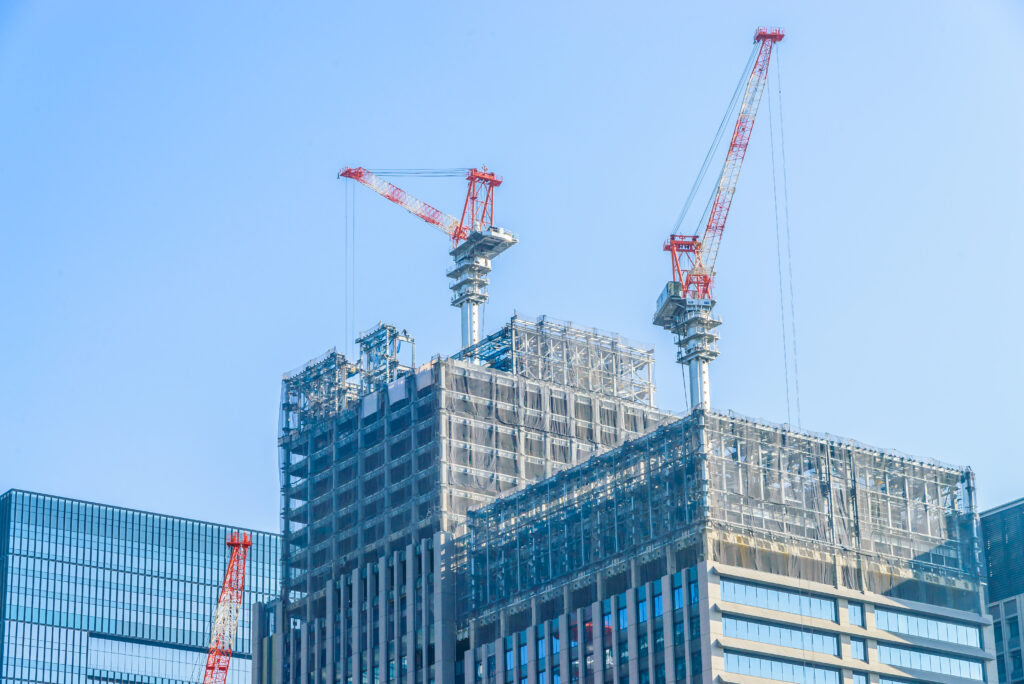
The late March 2025 Bangkok earthquake, which originated in the Myanmar region, caused physical shaking and unexpectedly undermined confidence in the Thai economy in at least the short term. The shaking in tall buildings of Bangkok’s central business district has raised widespread concern among the public and investors, who closely monitor the consequences. The Bangkok Earthquake: Economic Impact and Unexpected Booms is summarized below.
The Bangkok Earthquake and Comprehensive Economic Impact
Many experts, such as Dr. Amonthep Chawla, an Executive Vice President, Head of Research Office, and Head of Wealth Research and Advisory at the CIMB Thai Bank, have assessed the potential impacts of the earthquake on the Bangkok economy in various aspects:
Impact on tourism and trustworthiness
The earthquake may cause some tourists, especially Chinese, to postpone or cancel their trips to Bangkok or change their destinations to the South instead, which is less risky. The most affected business sectors are hotels, restaurants, and transportation.

Impact on the real estate market
The highest-rise condominium market has been hit hard due to safety concerns and the need to wait for thorough building inspections, which may slow down purchasing decisions during this period.

Long-term strategy
The government should establish a long-term strategy for earthquake response, including promoting earthquake insurance and regularly inspecting tall structures.
Urgent measures to restore confidence
In the short term, the government should restore confidence by conducting thorough inspections of building structures, allowing businesses to return to normal operations as soon as possible.
Another expert, Assoc. Prof. Dr. Thanawat Polvichai from UTCC anticipates a minor GDP impact (around 3% growth still expected), with an estimated 3 – 3.5 billion baht reduction in circulation. Property damage and behavioural changes during the day cause business slowdowns, but the overall impact is not distressing because people are starting to return to their everyday lives.
The Bangkok Earthquake and unexpected boom
While many businesses have faced direct and indirect repercussions from the earthquake, the situation has created unforeseen opportunities for specific sectors. We can describe this phenomenon as an unexpected boom. Specifically, some businesses have experienced unexpected growth due to the disaster;
Construction and Building Materials:
The earthquake has generated demand for structural inspections, repairs, upgrades, and new construction projects prioritizing disaster resilience and safety. Such activity naturally boosts the building materials industry.
Insurance, Earthquake Insurance:
Heightened awareness of earthquake risks is expanding the market for insurance products covering such events, leading to increased revenue for insurance companies.
Design, Repair, and Industrial Engineering:
Engineers specialising in structural integrity, machinery systems, and industrial plants will have increased workloads. Businesses in industrial plant engineering will benefit from the need to inspect and enhance factory safety against earthquakes, including developing related technologies.
Civil Engineering:
Civil engineers will be in greater demand for building inspections, damage assessment, structural repairs and strengthening, and the design of new earthquake-resistant infrastructure projects, including tall buildings, bridges, and public structures.
Transportation and Logistics:
The transportation and logistics sector will experience increased activity by delivering repair equipment, construction materials, and emergency supplies. Post-earthquake infrastructure improvements will also necessitate expanding and reinforcing the logistics system for future disaster preparedness.
Despite the Bangkok earthquake’s broad impact, crises often create opportunities. Some businesses benefit from unique circumstances, seeing unexpected growth. While disruptive, the overall GDP impact is projected to be manageable, suggesting that savvy investors can still find returns by capitalising on new market trends in Bangkok.



